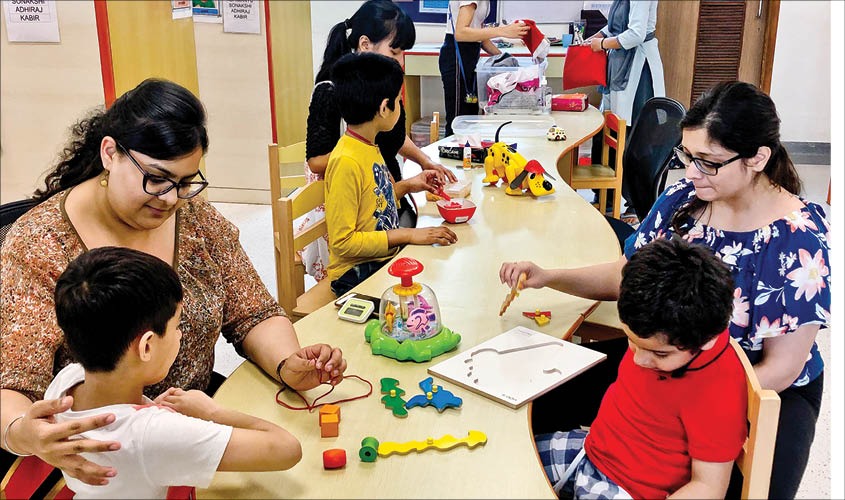Autism Spectrum Disorder (ASD) is a complex developmental condition that affects communication, behavior, and social interaction. With increasing awareness and diagnosis rates worldwide, specialized support and intervention have become crucial for individuals with autism and their families ABA therapy for Autism. Autism Centres play a vital role in providing this support, acting as hubs for diagnosis, therapy, education, and community integration.
What is an Autism Centre?
An Autism Centre is a dedicated facility that offers a range of services tailored to meet the unique needs of individuals on the autism spectrum. These centers typically provide comprehensive assessments, early intervention programs, behavioral therapies, speech and occupational therapies, educational support, and family counseling. Their goal is to improve the quality of life for people with autism by fostering independence, social skills, and academic or vocational success.
Core Services Provided
-
Assessment and Diagnosis
Early and accurate diagnosis is key to effective intervention. Autism Centres usually have multidisciplinary teams including psychologists, speech therapists, occupational therapists, and pediatricians who collaborate to diagnose ASD through standardized tools and observational assessments. -
Therapeutic Interventions
Tailored therapies such as Applied Behavior Analysis (ABA), speech therapy, sensory integration therapy, and social skills training help individuals improve communication, manage behaviors, and adapt to daily challenges. -
Educational Support
Many centres offer specialized educational programs or collaborate with schools to ensure that children with autism receive individualized learning plans. These plans often include assistive technology and modifications to meet diverse learning needs. -
Family Support and Counseling
Autism Centres provide resources, training, and counseling to families, empowering them with strategies to support their loved ones. Support groups and workshops also foster community among families facing similar challenges.
Why Autism Centres Matter
-
Early Intervention Improves Outcomes: The earlier the intervention, the better the chances of helping children develop essential skills.
-
Holistic Approach: Autism Centres address not just the individual’s needs but also support the family and community, promoting inclusion.
-
Raising Awareness: These centers often act as advocates, educating the public and reducing stigma associated with autism.
-
Research and Development: Many Autism Centres are involved in research, contributing to a better understanding of autism and innovative treatment methods.
Challenges and the Road Ahead
Despite their importance, many Autism Centres face challenges such as limited funding, shortage of trained professionals, and accessibility issues, especially in rural or underdeveloped regions. Expanding services, increasing government support, and integrating technology like teletherapy are crucial steps to meet the growing demand.
Conclusion
Autism Centres are a beacon of hope for many families navigating the complexities of ASD. By offering specialized care and fostering an inclusive environment, these centers empower individuals with autism to reach their fullest potential and lead fulfilling lives. Supporting and investing in Autism Centres is essential for building a more understanding and accommodating society.
